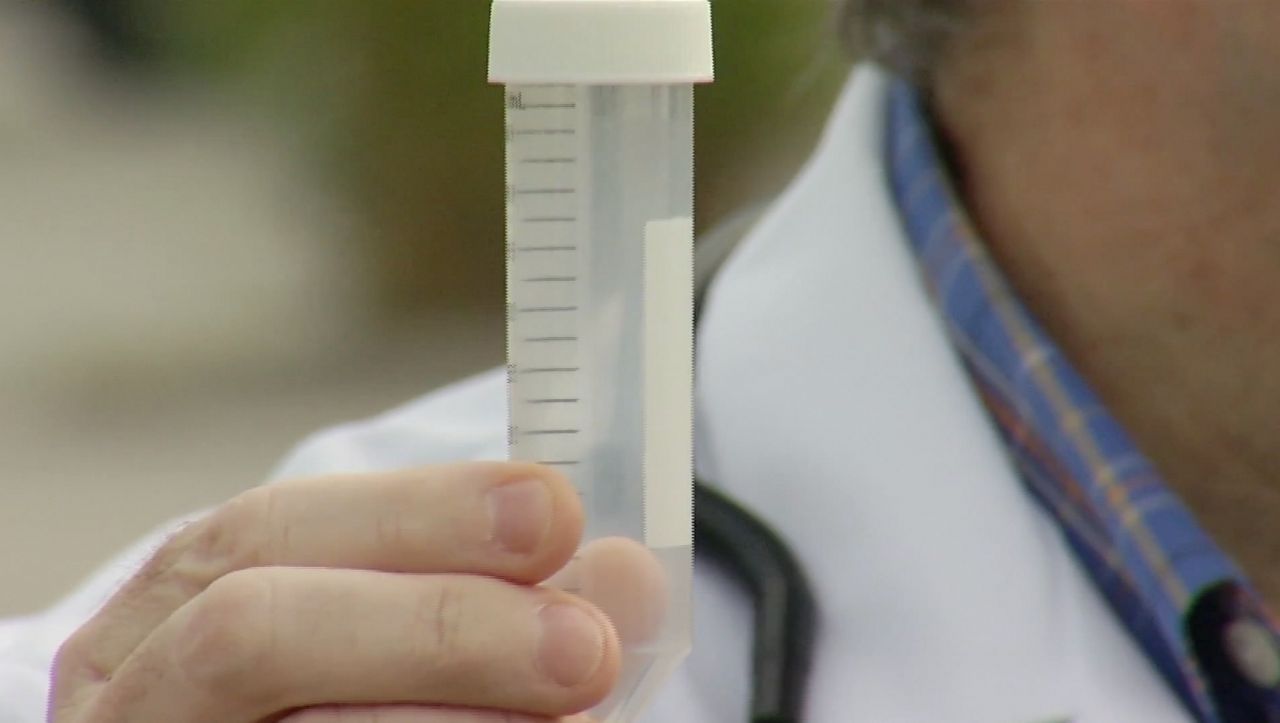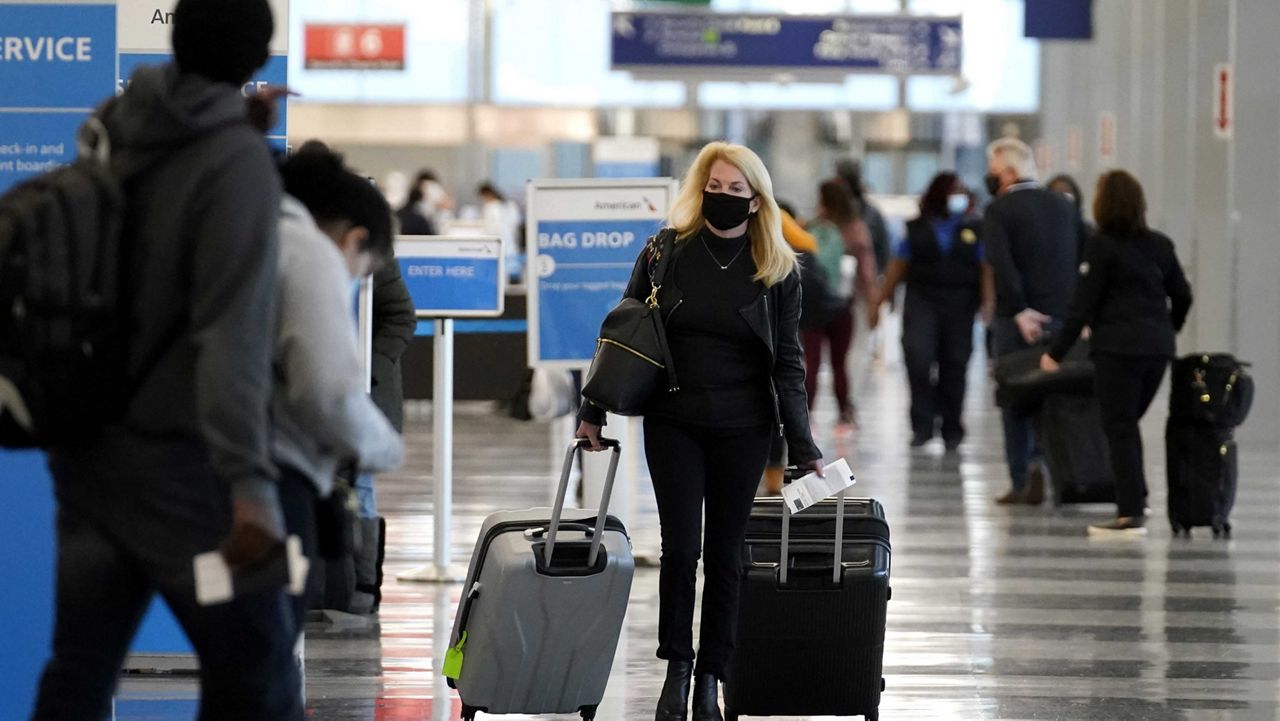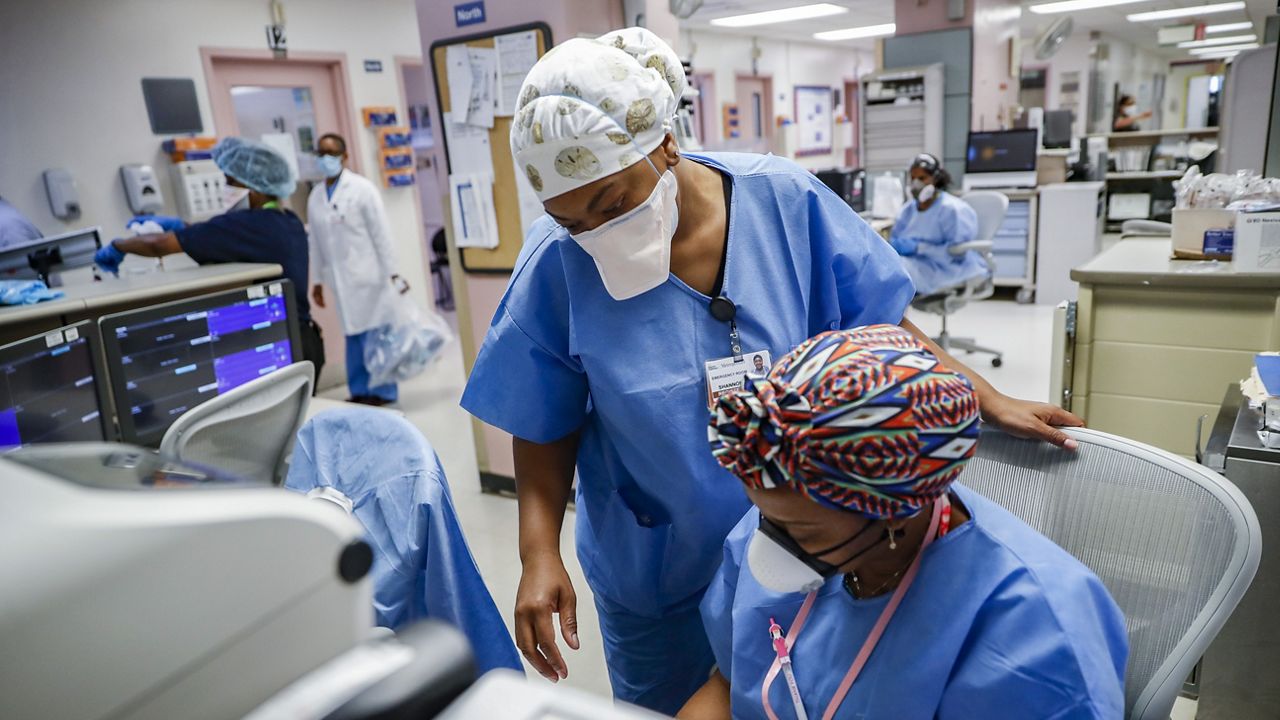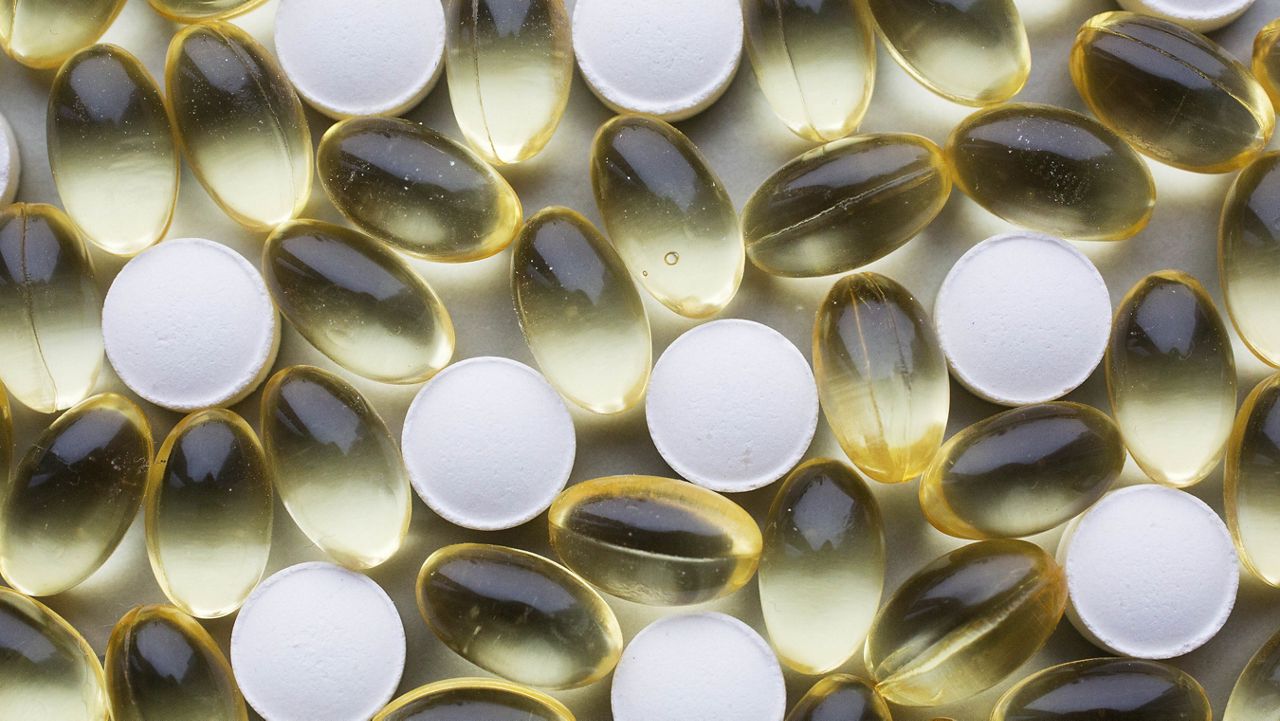NATIONWIDE — The demand for COVID-19 testing is only increasing as businesses and schools look to reopen, but six months into the pandemic few across the country have access to testing with timely results.
Researchers at the Yale School of Public Health say they have a quick and easy saliva test that could change the testing landscape. Their method, called SalivaDirect, was granted emergency use authorization by the FDA on Friday.
Labs around the country can start using the test right away.
Saliva samples can be processed with tools that are easy to obtain. Other saliva tests previously authorized by the FDA require specialized test tubes with stabilizers, which are expensive and in limited supply.
Before creating SalivaDirect, Yale researchers found the coronavirus remained stable in tubes at room temperature for up to 25 days — and longer when frozen.
They evaluated SalivaDirect using common reagents and instruments from different manufacturers and compared the results with nasal swab samples. They found a high level of similar results.
"Wide-spread testing is critical for our control efforts," Nathan Grubaugh, one of the project’s lead researchers, wrote in a news release. "We simplified the test so that it only costs a couple of dollars for reagents, and we expect that labs will only charge about $10 per sample."
"If cheap alternatives like SalivaDirect can be implemented across the country, he continued, "We may finally get a handle on this pandemic, even before a vaccine."
They have also teamed up with the National Basketball Association to further validate their findings by testing players and staff. So far, the results have been similar to the nasal swab test outcomes.
With 35 states struggling to control their coronavirus outbreaks, experts hope combining tools like SalivaDirect with more blunt diagnostics like antigen testing might help the country finally get ahead of the virus.
Antigen testing offers results in minutes, and it is less sensitive than PCR-based tests. However, they are useful in detecting those who are most infectious, which is a potential key to slowing the spread of the virus as the world waits for a widely available vaccine.








